Thirty-two works by Nieman Pulitzer winners that tackle abuses of power
 Eugene Robinson, NF ’88
Commentary, 2009 · The Washington Post
Robinson’s eloquent, insightful columns on the 2008 presidential race explored what the election of the first African-American president would mean—for him, for African-Americans, and for the country as a whole.
Eugene Robinson, NF ’88
Commentary, 2009 · The Washington Post
Robinson’s eloquent, insightful columns on the 2008 presidential race explored what the election of the first African-American president would mean—for him, for African-Americans, and for the country as a whole.
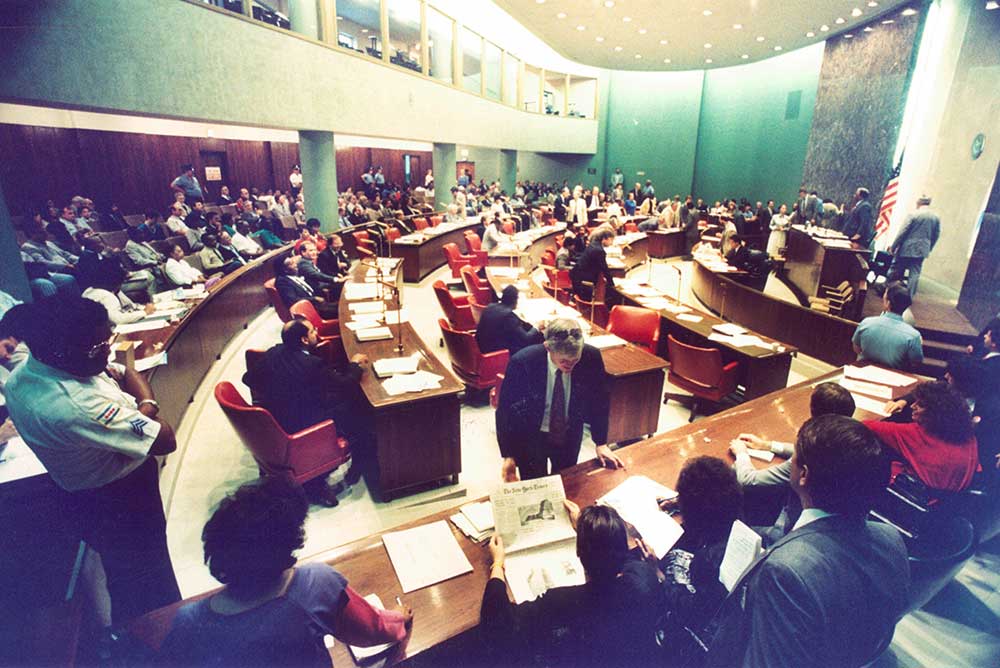 Ann Marie Lipinski, NF ’90
Investigative Reporting, 1988 · Chicago Tribune
In the series “The Spoils of Power,” Lipinski, Dean Baquet, and William Gaines revealed the waste, self-interest, and profiteering that dominated the proceedings of the 50-member Chicago City Council.
Ann Marie Lipinski, NF ’90
Investigative Reporting, 1988 · Chicago Tribune
In the series “The Spoils of Power,” Lipinski, Dean Baquet, and William Gaines revealed the waste, self-interest, and profiteering that dominated the proceedings of the 50-member Chicago City Council.
John Hughes, NF ’62
International Reporting, 1967 · The Christian Science Monitor
Hughes, the paper’s East Asia correspondent, covered the attempted Communist coup in Indonesia in 1965 and the purge that followed.
Mary Jordan, NF ’90
International Reporting, 2003 · The Washington Post
Jordan and her husband Kevin Sullivan, co-bureau chiefs of the Post’s Mexico City bureau, were recognized for their exposure of the treacherous and unjust conditions in the Mexico criminal justice system.
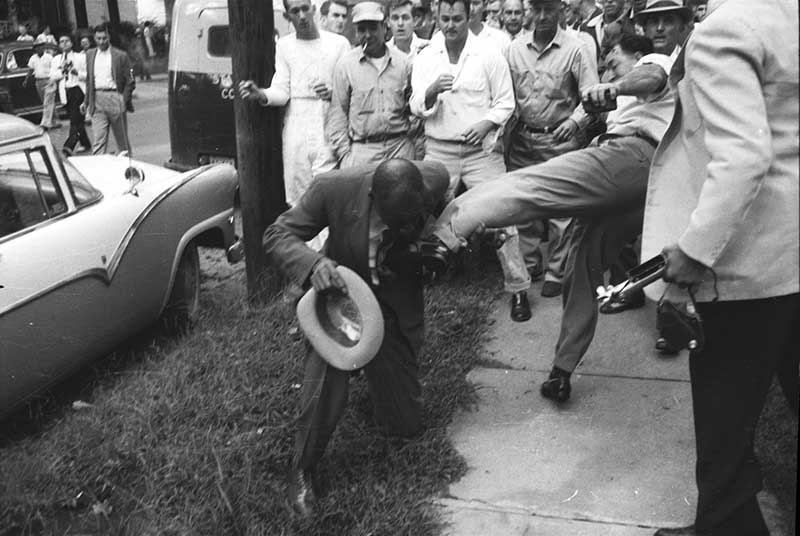 Harry S. Ashmore, NF ’42
Editorial Writing, 1958 · Arkansas Gazette
In a series of anti-segregation editorials, Ashmore criticized Arkansas Governor Orval Faubus for his unwarranted interference in the confrontation over the admission of black students to a Little Rock high school in 1957.
Harry S. Ashmore, NF ’42
Editorial Writing, 1958 · Arkansas Gazette
In a series of anti-segregation editorials, Ashmore criticized Arkansas Governor Orval Faubus for his unwarranted interference in the confrontation over the admission of black students to a Little Rock high school in 1957.
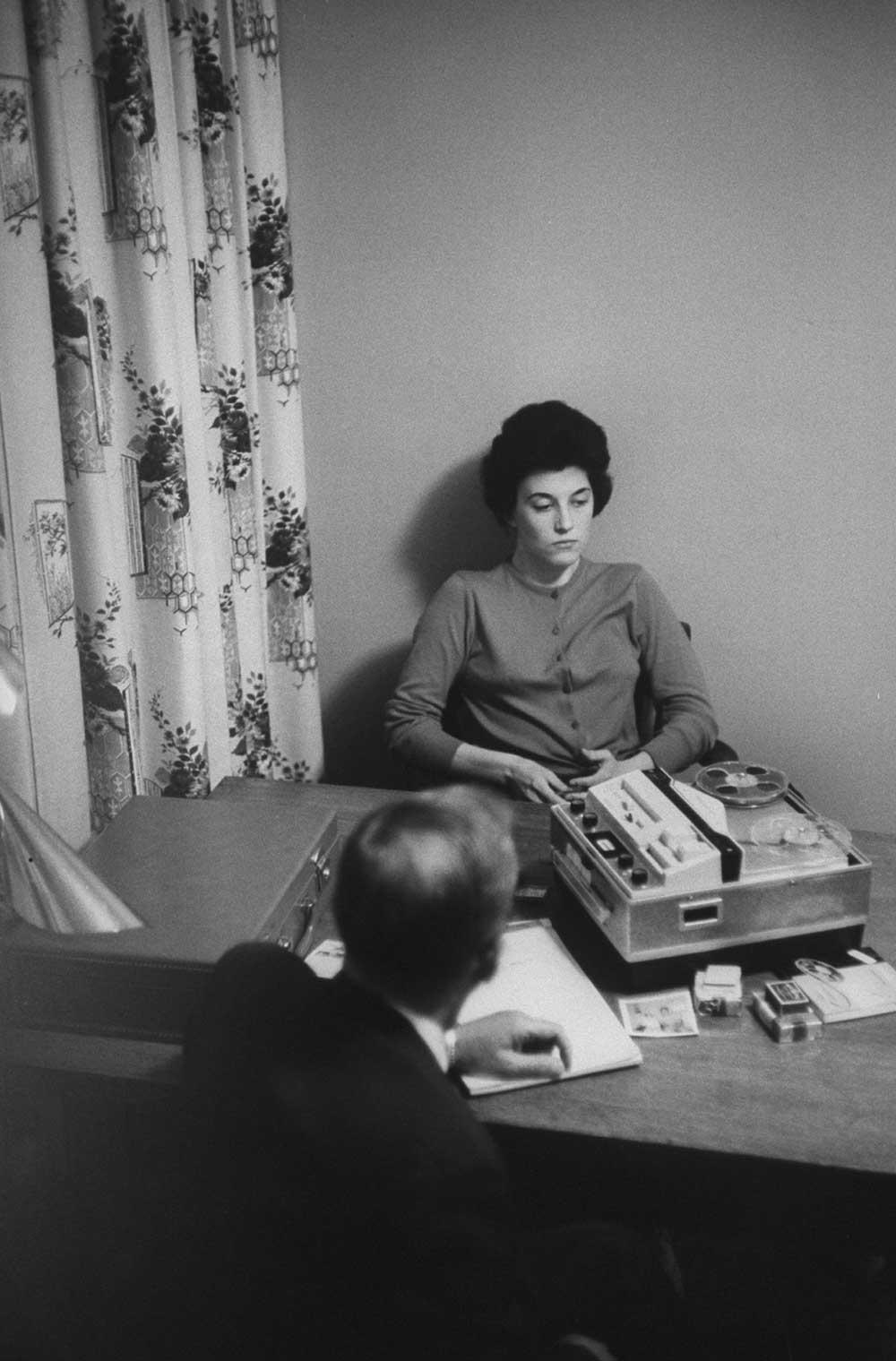 Gene Miller, NF ’68
Local Investigative Specialized Reporting, 1967 · The Miami Herald
Miller won the first of two Pulitzers for his investigations into the cases of two people wrongfully convicted of murder. Both were released from prison as a result of Miller’s work.
Gene Miller, NF ’68
Local Investigative Specialized Reporting, 1967 · The Miami Herald
Miller won the first of two Pulitzers for his investigations into the cases of two people wrongfully convicted of murder. Both were released from prison as a result of Miller’s work.
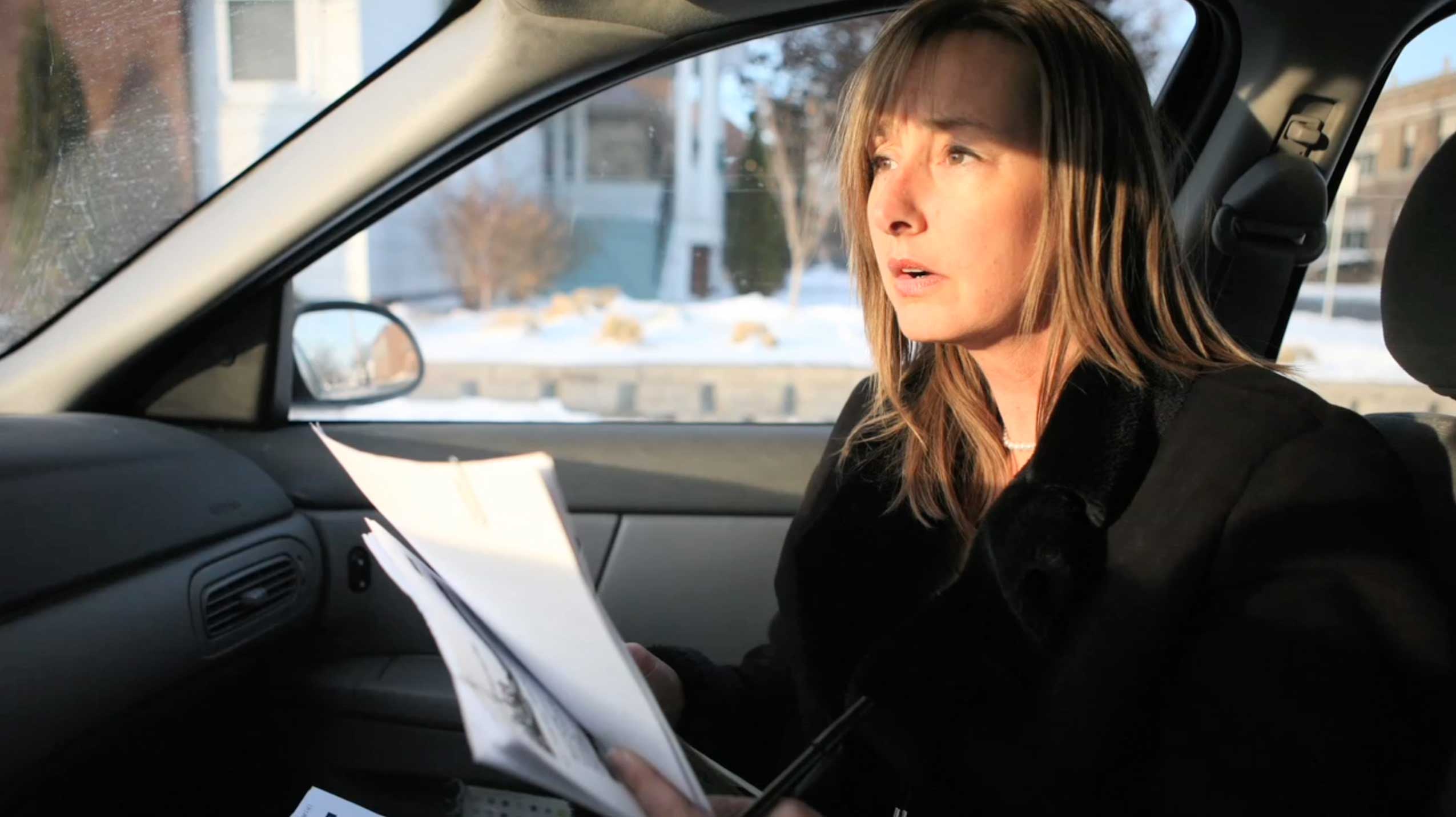 Raquel Rutledge, NF ’12
Local Reporting, 2010 · Milwaukee Journal Sentinel
In the investigative series “Cashing in on Kids,” Rutledge exposed the poor oversight and fraud that were hallmarks of Wisconsin’s $350 million taxpayer-subsidized child-care system. Her stories prompted a crackdown on fraudulent daycare providers.
Raquel Rutledge, NF ’12
Local Reporting, 2010 · Milwaukee Journal Sentinel
In the investigative series “Cashing in on Kids,” Rutledge exposed the poor oversight and fraud that were hallmarks of Wisconsin’s $350 million taxpayer-subsidized child-care system. Her stories prompted a crackdown on fraudulent daycare providers.
Anthony Lewis, NF ’57
National Reporting, 1955 · Washington Daily News
Lewis wrote a series of articles about Abraham Chasanow, a civilian employee of the U.S. Navy who—deemed a security risk for allegedly having communist associations—was suspended from his job for 14 months. The articles helped clear Chasanow’s name and got him reinstated to his job. The Navy ultimately acknowledged that it committed a grave injustice and apologized to Chasanow.
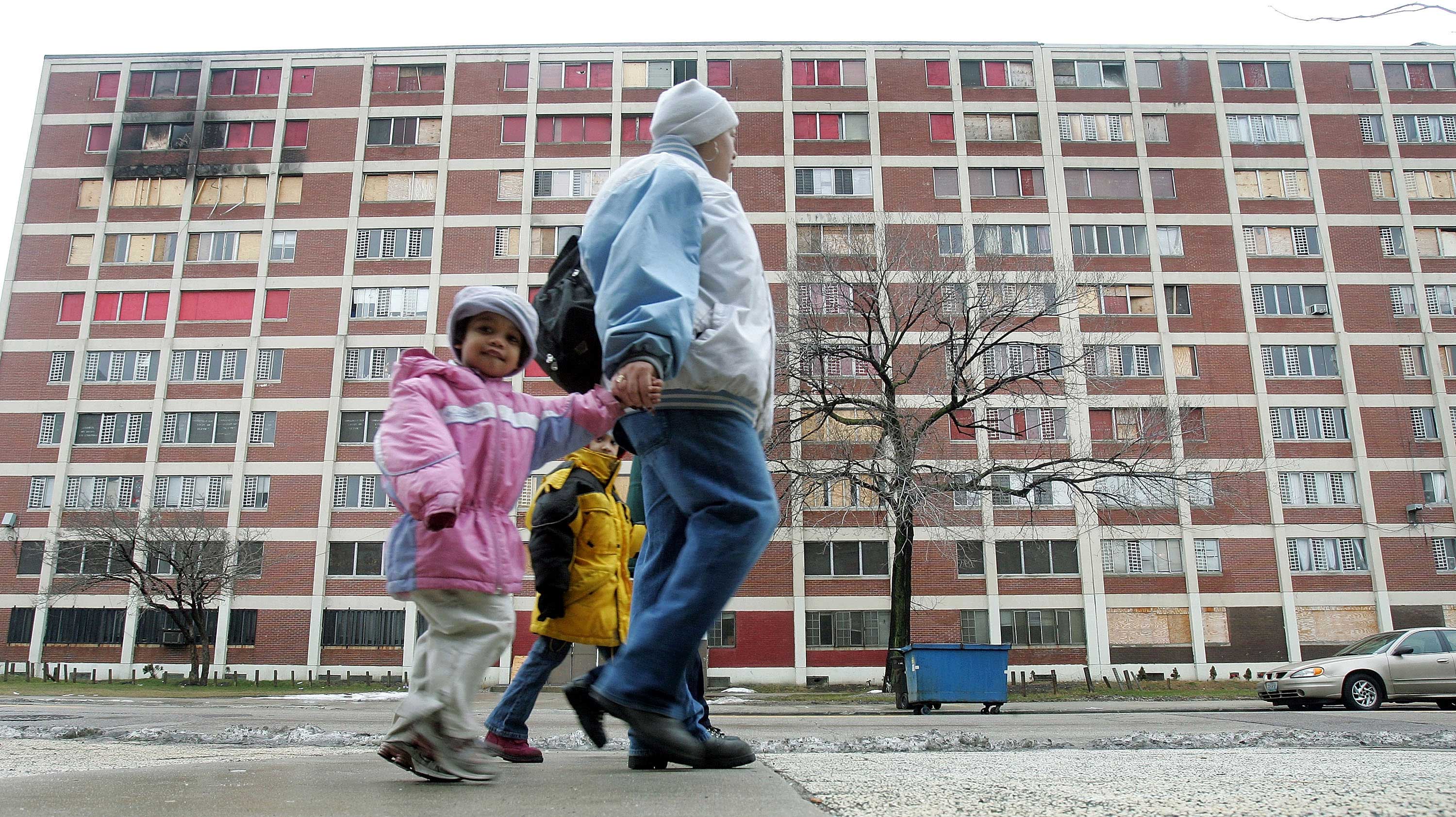 George Rodrigue, NF ’90
National Reporting, 1986 · The Dallas Morning News
Rodrigue and Craig Flournoy won The Dallas Morning News’s first Pulitzer for their investigation into the racial discrimination and segregation pervading public housing in East Texas and across the country.
George Rodrigue, NF ’90
National Reporting, 1986 · The Dallas Morning News
Rodrigue and Craig Flournoy won The Dallas Morning News’s first Pulitzer for their investigation into the racial discrimination and segregation pervading public housing in East Texas and across the country.
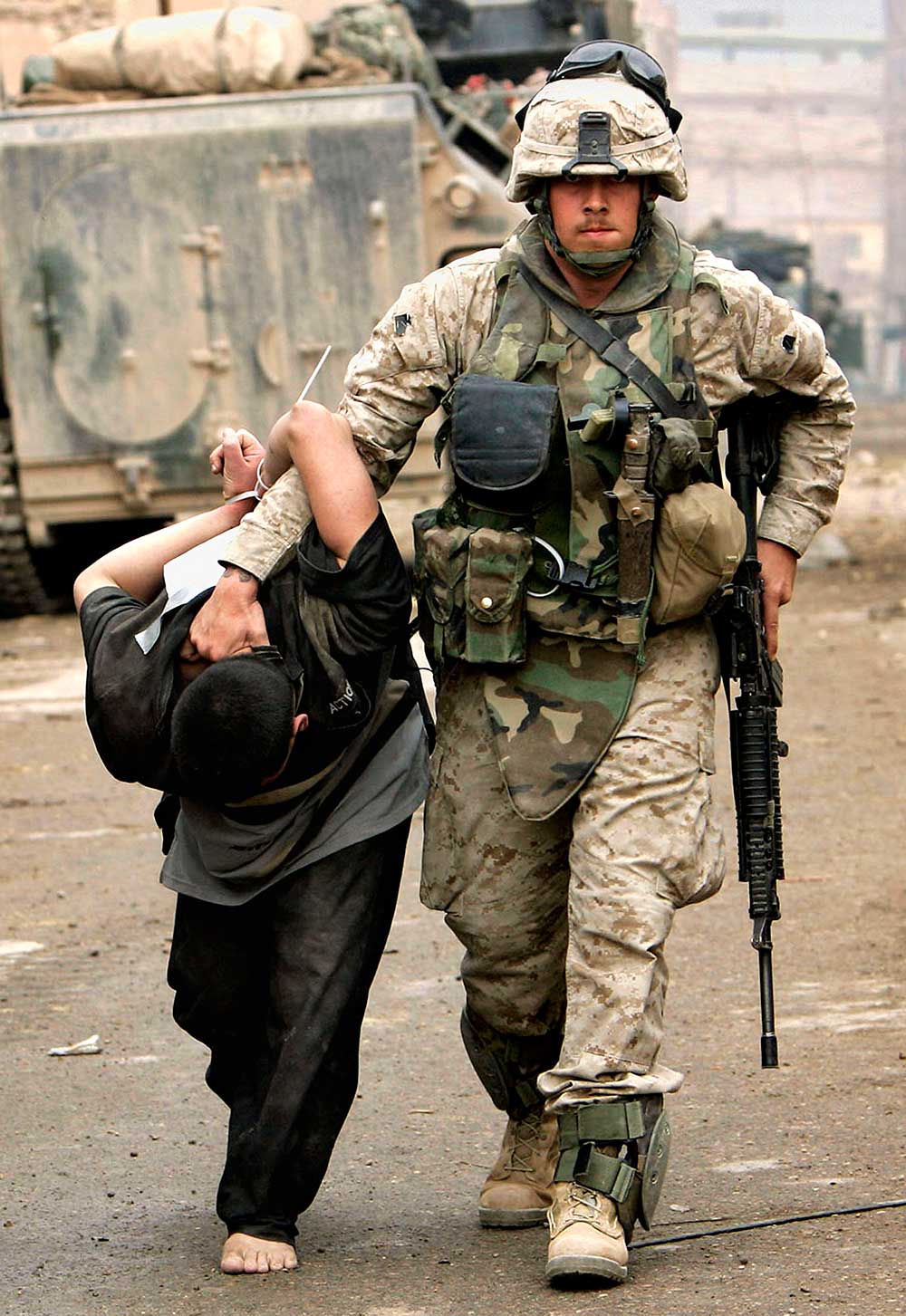 Anja Niedringhaus, NF ’07
Breaking News Photography, 2005 · The Associated Press
Santiago Lyon, NF ’04, vice president/photography of The Associated Press, recalls his longtime friend and colleague Niedringhaus, who was shot and killed in Afghanistan in 2014.
Anja Niedringhaus, NF ’07
Breaking News Photography, 2005 · The Associated Press
Santiago Lyon, NF ’04, vice president/photography of The Associated Press, recalls his longtime friend and colleague Niedringhaus, who was shot and killed in Afghanistan in 2014.
Shirley Christian, NF ’74
International Reporting, 1981 · The Miami Herald
Christian was recognized for her dispatches from Central America. Her specialty was reporting on the human dimensions of political strife.
Hedrick Smith, NF ’70
Public Service, 1972 · The New York Times
Smith recalls his time as a member of the team at the Times that worked on the Pentagon Papers.
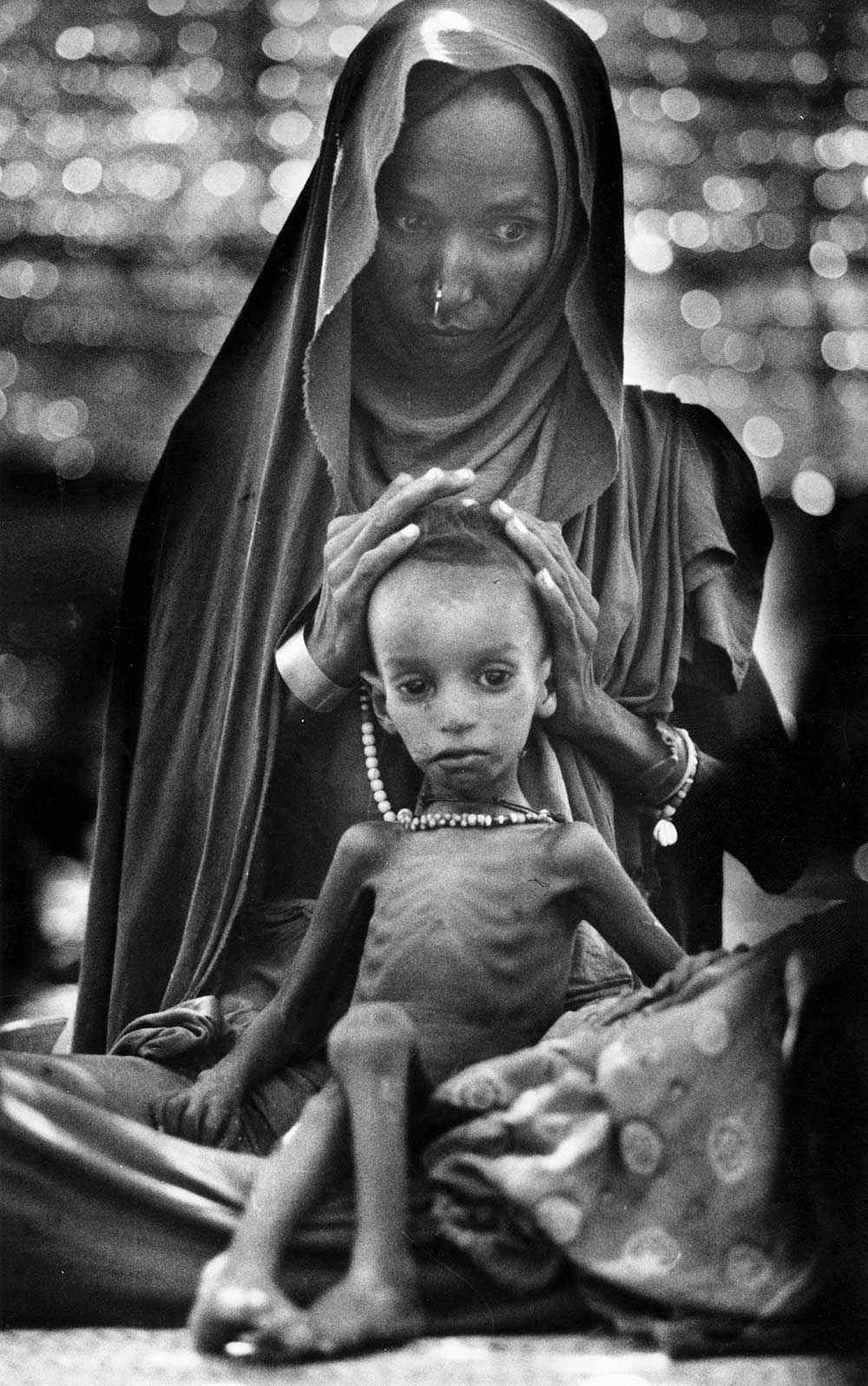 Stan Grossfeld, NF ’92
Feature Photography, 1985 · The Boston Globe
In 1984, Grossfeld and Globe reporter Colin Nickerson hooked up with a rebel group bringing a food convoy from Sudan to Ethiopia. As Grossfeld recalls, they traveled at night and hid by day to avoid detection.
Stan Grossfeld, NF ’92
Feature Photography, 1985 · The Boston Globe
In 1984, Grossfeld and Globe reporter Colin Nickerson hooked up with a rebel group bringing a food convoy from Sudan to Ethiopia. As Grossfeld recalls, they traveled at night and hid by day to avoid detection.
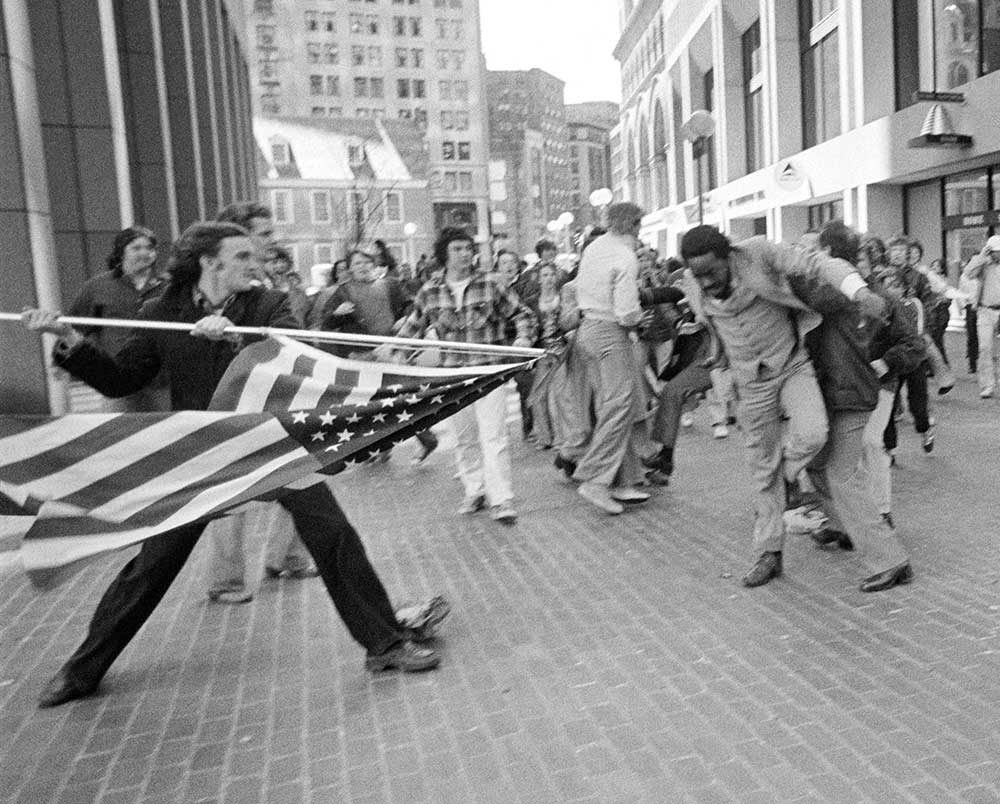 Stanley Forman, NF ’80
Spot News Photography, 1977 · Boston Herald American
Forman won the Pulitzer for Spot News Photography two years in a row, the second time, in 1977, for “The Soiling of Old Glory.” In a recent interview, he talks about the photo—taken at a demonstration against court-ordered desegregation busing in Boston—one that captures a defining moment of race relations in America.
Stanley Forman, NF ’80
Spot News Photography, 1977 · Boston Herald American
Forman won the Pulitzer for Spot News Photography two years in a row, the second time, in 1977, for “The Soiling of Old Glory.” In a recent interview, he talks about the photo—taken at a demonstration against court-ordered desegregation busing in Boston—one that captures a defining moment of race relations in America.
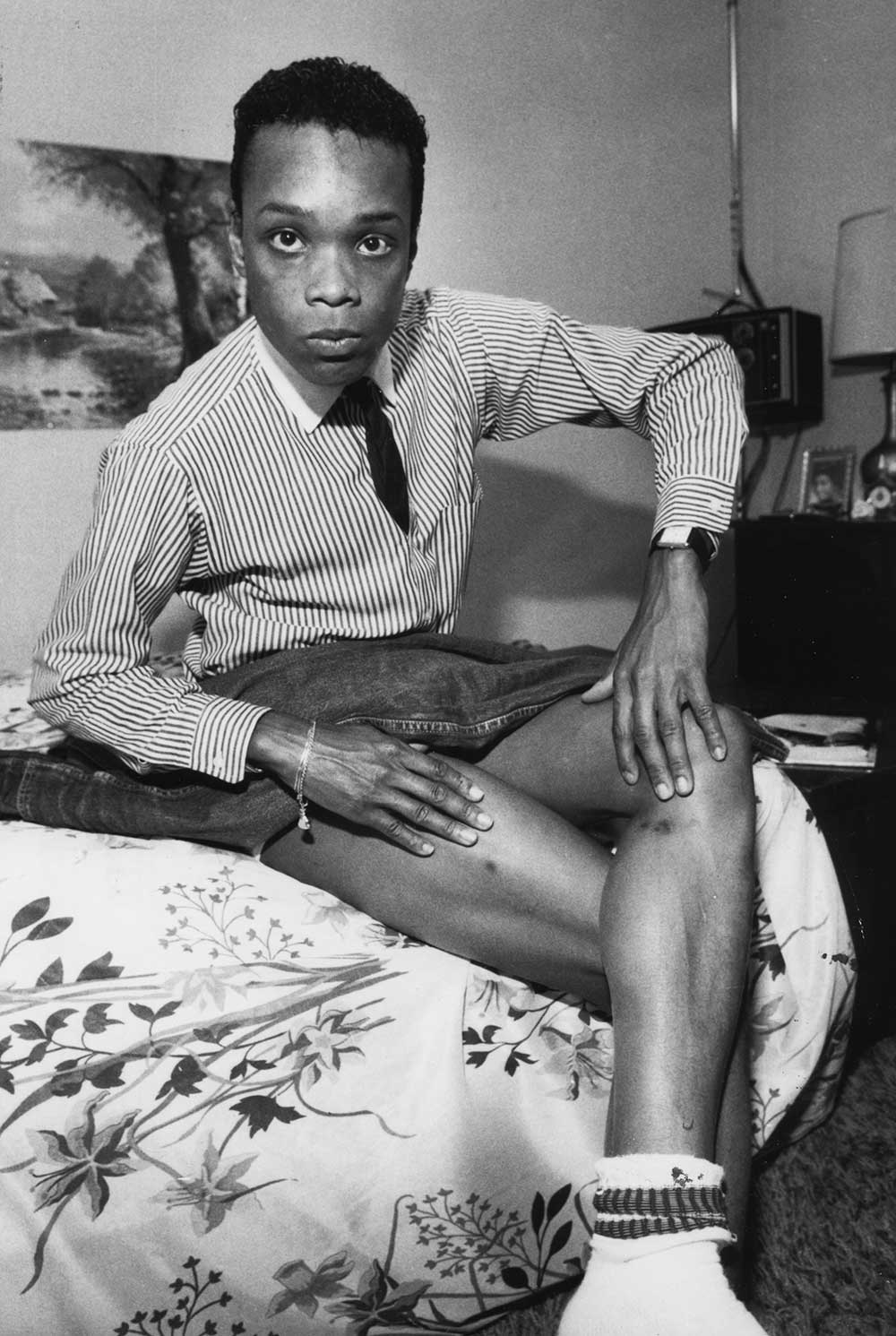 William K. Marimow, NF ’83
Investigative Reporting, 1985 · The Philadelphia Inquirer
Marimow’s series of articles exposed that city police dogs had attacked more than 350 people—often without justification—and led to investigations of the Philadelphia Police Department’s K-9 unit, resulting in the removal of more than a dozen officers.
William K. Marimow, NF ’83
Investigative Reporting, 1985 · The Philadelphia Inquirer
Marimow’s series of articles exposed that city police dogs had attacked more than 350 people—often without justification—and led to investigations of the Philadelphia Police Department’s K-9 unit, resulting in the removal of more than a dozen officers.
Daniel R. Biddle, NF ’90
H.G. Bissinger, NF ’86
Fredric N. Tulsky, NF ’89 Investigative Reporting, 1987 · The Philadelphia Inquirer Biddle, Bissinger, and Tulsky’s series on the Philadelphia court system documented an array of incompetence, politicking, and other transgressions, leading to federal and state investigations.
H.G. Bissinger, NF ’86
Fredric N. Tulsky, NF ’89 Investigative Reporting, 1987 · The Philadelphia Inquirer Biddle, Bissinger, and Tulsky’s series on the Philadelphia court system documented an array of incompetence, politicking, and other transgressions, leading to federal and state investigations.
Robert A. Caro, NF ’66
Biography, 2003 · “Master of the Senate”
In “Master of the Senate,” the third installment of “The Years of Lyndon Johnson” biography (of which there are currently four published volumes; a fifth is expected), Caro explores Johnson’s rapid ascent in the U.S. Senate. Interwoven into the narrative is an examination of how legislative power works in America, details Caro gleaned from years of research that included examining thousands of documents and interviewing hundreds of sources, from senators to coatroom clerks.
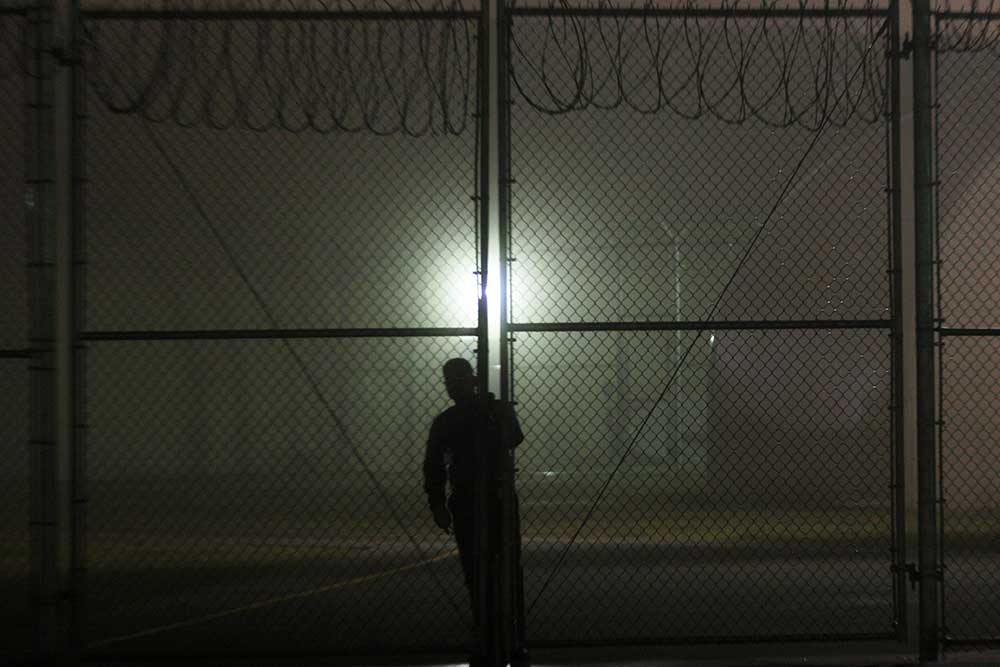 Richard Read, NF ’97
Richard Read, NF ’97Brent Walth, NF ’06 Public Service, 2001 · The Oregonian Read and Walth were members of a team that conducted a meticulous examination of abuses and systematic problems, including harsh treatment of foreign nationals, within the U.S. Immigration and Naturalization Service. Their work prompted reforms.
Madeleine Blais, NF ’86
Feature Writing, 1980 · The Miami Herald
In the 1970s World War I veteran Edward Zepp frequently showed up in Florida newsrooms, trying to interest a reporter in his battle to get his military release status upgraded from “general discharge” to “honorable discharge.” For a story in the Herald’s Sunday magazine, Blais rode the train with the 83-year-old Zepp from Deerfield Beach, Florida to Washington, D.C., where he had a hearing at the Pentagon.
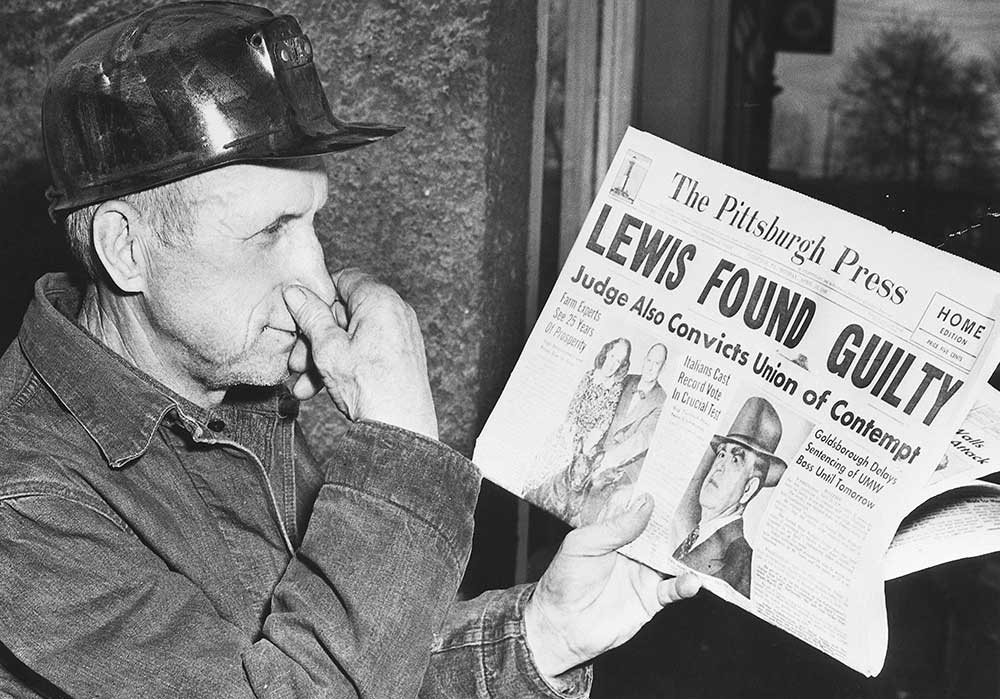 Nathan G. Caldwell, NF ’41
Nathan G. Caldwell, NF ’41 Gene S. Graham, NF ’63 National Reporting, 1962 · The Nashville Tennessean Caldwell and Graham spent half a dozen years reporting on the undercover deal between United Mine Workers president John L. Lewis and billionaire financier Cyrus Eaton, who had major interests in the coal industry.
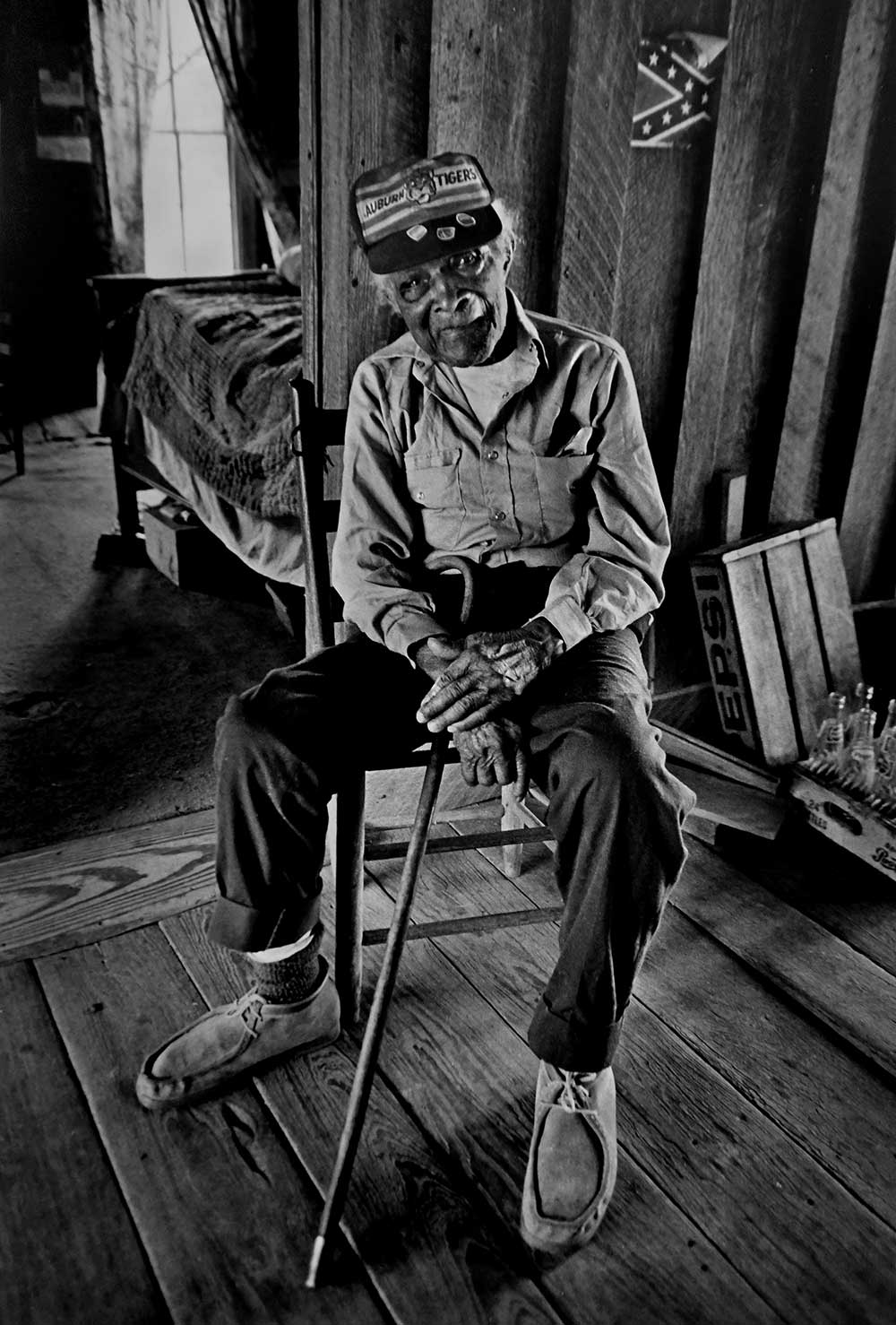 Dale Maharidge, NF ’88
General Nonfiction, 1990 · “And Their Children After Them” (photos by Michael Williamson)
Maharidge and Williamson revisited rural Alabama to find out what happened to the families of the poor sharecroppers chronicled by another writer-photographer pair, James Agee and Walker Evans, in the 1941 book “Let Us Now Praise Famous Men.” In the process, they reported on the collapse of the tenant farming system.
Dale Maharidge, NF ’88
General Nonfiction, 1990 · “And Their Children After Them” (photos by Michael Williamson)
Maharidge and Williamson revisited rural Alabama to find out what happened to the families of the poor sharecroppers chronicled by another writer-photographer pair, James Agee and Walker Evans, in the 1941 book “Let Us Now Praise Famous Men.” In the process, they reported on the collapse of the tenant farming system.
 J.R. Moehringer, NF ’01
Feature Writing, 2000 · Los Angeles Times
Moehringer’s “Crossing Over” is a portrait of Gee’s Bend, Alabama, an isolated river hamlet that is home to many descendants of slaves. A proposal to bring back ferry service to the mainland prompted soul-searching among whites and blacks.
J.R. Moehringer, NF ’01
Feature Writing, 2000 · Los Angeles Times
Moehringer’s “Crossing Over” is a portrait of Gee’s Bend, Alabama, an isolated river hamlet that is home to many descendants of slaves. A proposal to bring back ferry service to the mainland prompted soul-searching among whites and blacks.
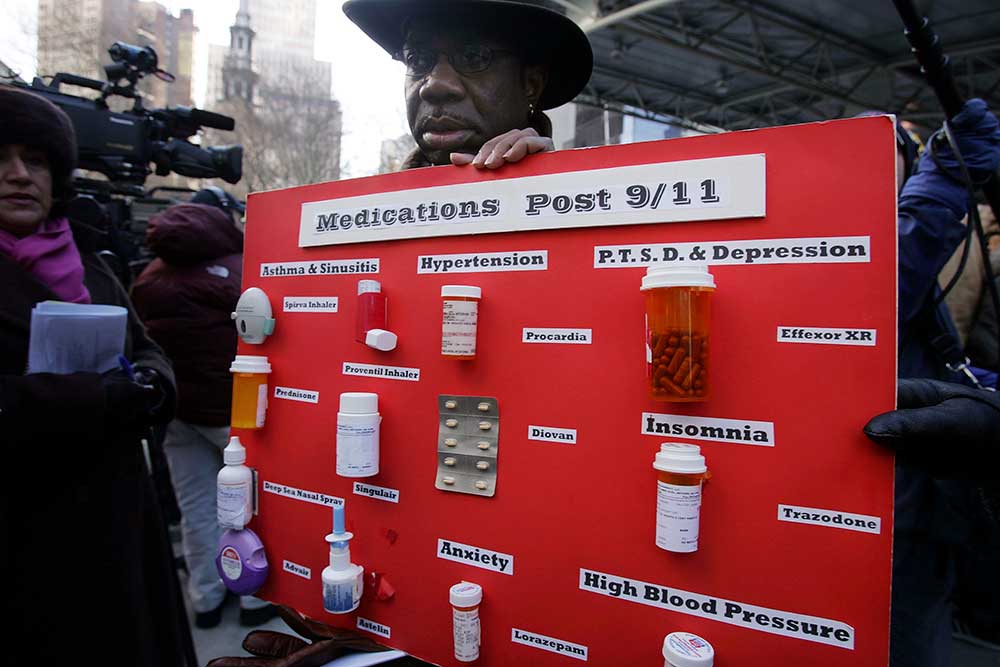 Heidi Evans, NF ’93
Editorial Writing, 2007 · New York Daily News
Evans and her fellow editorial board members Arthur Browne and Beverly Weintraub won a Pulitzer for their editorial series “9/11: The Forgotten Victims,” which documented how the government failed to address the growing medical problems of Ground Zero workers.
Heidi Evans, NF ’93
Editorial Writing, 2007 · New York Daily News
Evans and her fellow editorial board members Arthur Browne and Beverly Weintraub won a Pulitzer for their editorial series “9/11: The Forgotten Victims,” which documented how the government failed to address the growing medical problems of Ground Zero workers.
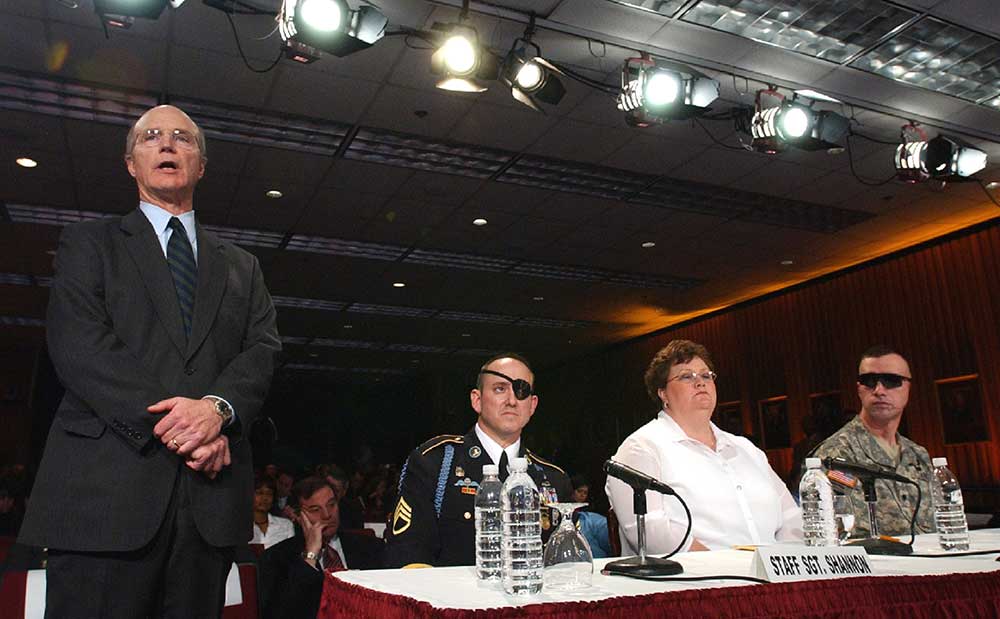 Anne Hull, NF ’95
Public Service, 2008 · The Washington Post
The Washington Post’s investigation into the neglect and mistreatment of wounded veterans and the deplorable conditions at the Walter Reed Army Medical Center incited a public outcry and prompted a number of reforms. Hull and colleague Dana Priest spent more than four months interviewing hospital outpatients. Some declined to go public with their complaints because they feared retribution from the Army.
Anne Hull, NF ’95
Public Service, 2008 · The Washington Post
The Washington Post’s investigation into the neglect and mistreatment of wounded veterans and the deplorable conditions at the Walter Reed Army Medical Center incited a public outcry and prompted a number of reforms. Hull and colleague Dana Priest spent more than four months interviewing hospital outpatients. Some declined to go public with their complaints because they feared retribution from the Army.
Cynthia Tucker, NF ’89
Commentary, 2007 · The Atlanta Journal-Constitution
Tucker was recognized for her columns exhibiting a strong sense of morality and connection to the community, such as the one excerpted here about former Atlanta Mayor Bill Campbell, who was the target of a seven-year federal investigation into corruption during his time in office. Campbell was convicted on three counts of tax evasion and spent more than two years in prison.
Gilbert M. Gaul, NF ’83
Public Service, 1990 · The Philadelphia Inquirer
Gaul’s five-part investigative series “The Blood Brokers” exposed safety issues and lax federal regulation of the blood industry.
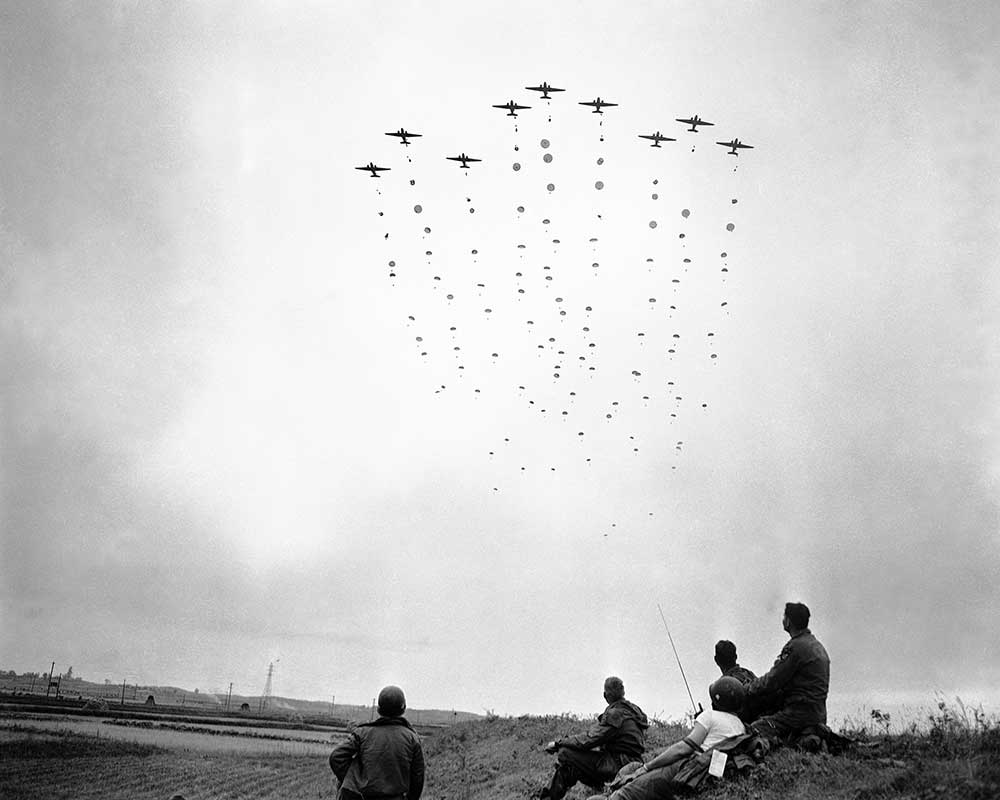 Keyes Beech, NF ’53
International Reporting, 1951 · Chicago Daily News
Six foreign correspondents from three news outlets shared the prize for their reporting on the Korean War. Recognized alongside Homer Bigart, Marguerite Higgins, Relman Morin, Fred Sparks, and Don Whitehead, Beech was cited for his graphic, informed, and concise dispatches from the front.
Keyes Beech, NF ’53
International Reporting, 1951 · Chicago Daily News
Six foreign correspondents from three news outlets shared the prize for their reporting on the Korean War. Recognized alongside Homer Bigart, Marguerite Higgins, Relman Morin, Fred Sparks, and Don Whitehead, Beech was cited for his graphic, informed, and concise dispatches from the front.
Ken Armstrong, NF ’01
Explanatory Reporting, 2016 · The Marshall Project
For “An Unbelievable Story of Rape,” Armstrong and ProPublica’s T. Christian Miller investigated the case of an 18-year-old woman who said she was raped at knifepoint, then said she made it all up. In the process, the pair exposed law enforcement’s systematic failures to understand the trauma victims endure. The rapist is now serving time for raping the woman and four others.
William Lambert, NF ’60
Wallace Turner, NF ’59 Local Reporting, 1957 · The Oregonian Lambert and Turner’s stories about efforts on the part of union and underworld figures to wrest control from municipal officials in Portland, Oregon helped spur investigations into organized crime in cities across the country.
Wallace Turner, NF ’59 Local Reporting, 1957 · The Oregonian Lambert and Turner’s stories about efforts on the part of union and underworld figures to wrest control from municipal officials in Portland, Oregon helped spur investigations into organized crime in cities across the country.
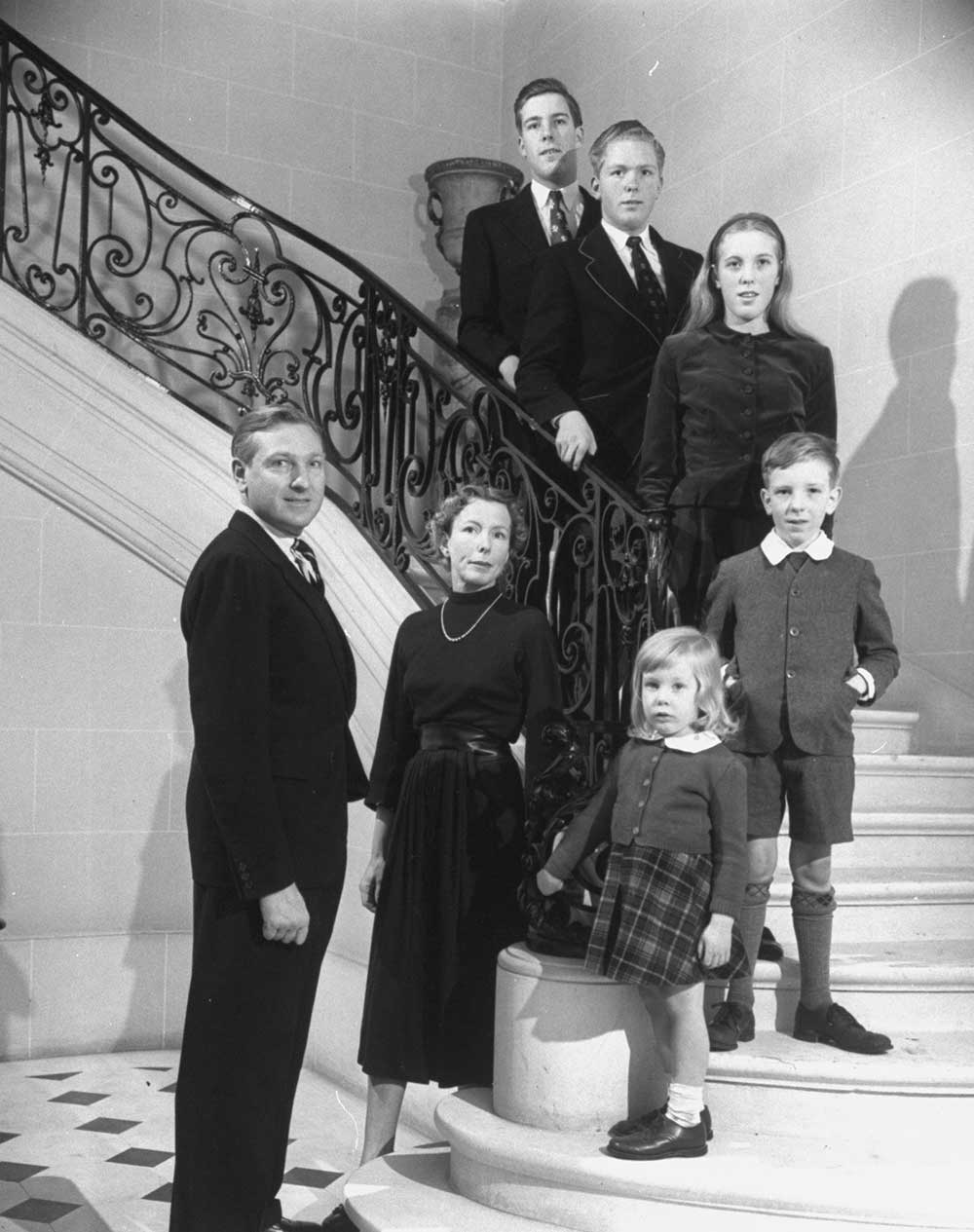 Alex S. Jones, NF ’82
Specialized Reporting, 1987 · The New York Times
“In bringing up my children, I somehow did not get across to them that people have to make compromises,” said Barry Bingham Sr., patriarch of a Kentucky family known for its 20th-century media empire. Jones provided a portrait of the powerful family whose dynasty was crushed by bickering between siblings.
Alex S. Jones, NF ’82
Specialized Reporting, 1987 · The New York Times
“In bringing up my children, I somehow did not get across to them that people have to make compromises,” said Barry Bingham Sr., patriarch of a Kentucky family known for its 20th-century media empire. Jones provided a portrait of the powerful family whose dynasty was crushed by bickering between siblings.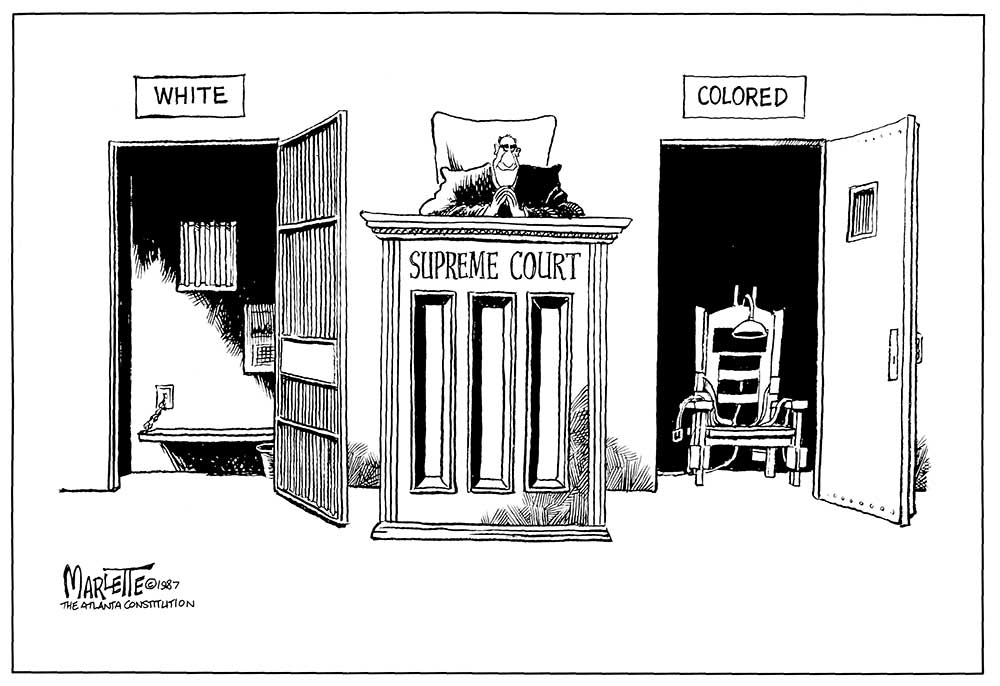 Doug Marlette, NF ’81
Editorial Cartooning, 1988 · The Atlanta Constitution, The Charlotte (N.C.) Observer
Marlette, who died in 2007, is remembered by Christopher Weyant, NF ’16, a cartoonist for The New Yorker.
Doug Marlette, NF ’81
Editorial Cartooning, 1988 · The Atlanta Constitution, The Charlotte (N.C.) Observer
Marlette, who died in 2007, is remembered by Christopher Weyant, NF ’16, a cartoonist for The New Yorker.